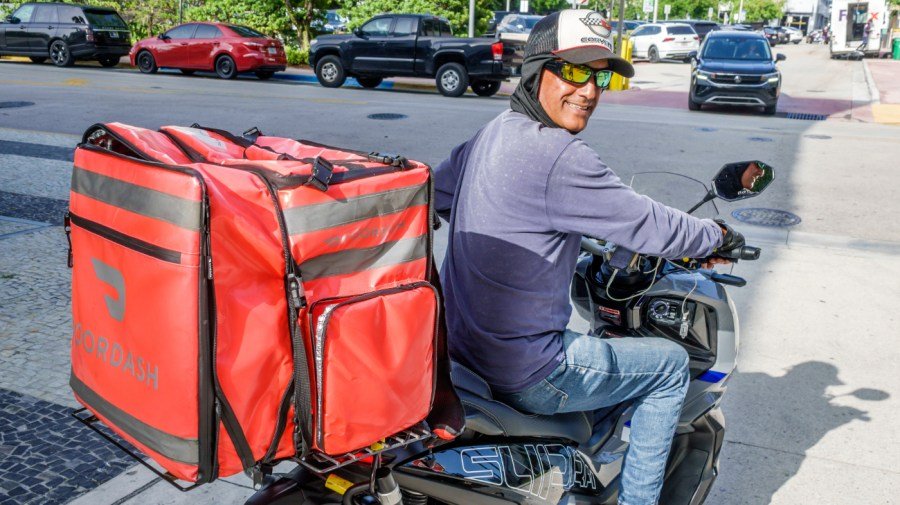
A recent opinion piece in The Hill dismissed the importance of portable benefits to workers. Unfortunately, that view not only misrepresents the conversation around benefits for independent workers, but it also ignores the reality of why more than 23 million Americans have chosen app-based work.
The vast majority of app-based workers say that they drive and deliver with platforms because it offers a level of flexibility and scalability that simply is not possible with traditional employment.
With app-based platforms, workers get to decide where, when and how often they work, whether their line of work is caregiving, education or another job. Some are students logging a few hours to cover rent, parents supplementing their income while balancing childcare or small business owners smoothing out income gaps.
The data is clear. According to Flex’s Economic Impact Report, 90 percent of such workers say flexibility is the key reason they participate in app-based work. Nearly two-thirds work fewer than 15 hours a week and more than half say their earnings have helped them feel more financially secure.
App-based platforms offer economic opportunities tailored to modern lives — something our economy desperately needs at a time when inflation and financial uncertainty are weighing heavily on families.
This acute preference for flexibility also explains why so many surveys show that app-based workers overwhelmingly prefer to remain independent. In fact, even when offered a hypothetical 50 percent pay increase in exchange for a fixed schedule, half said they would still choose flexible scheduling.
That is the clearest possible sign that these workers value and prioritize control over when and how they work. Any proposal that ignores that reality does so at the risk of harming the people it claims to help.
Under America’s outdated labor laws, workers face an either-or choice between traditional employment with benefits or independent work without benefits. That framework may have made sense when the average worker stayed in one job for decades. But today’s workforce is far more diverse and dynamic.
Millions of people earn across multiple income streams — a part-time W-2 job here, freelance consulting there and time spent on multiple app-based platforms over here. Should they really have to give up the flexibility and independence that works for their lives, just to access health care or save for retirement?
Portable benefits offer a solution. These benefits are tied to the individual. Contributions are proportional to how much someone works. Although it is still experimental, app-based platforms are already taking steps to make them real.
DoorDash ran a pilot program last year in Pennsylvania that contributed up to four percent of each participating Dasher’s earnings to their portable benefits savings account.
Through its portable benefits pilot program in Utah and an upcoming program expansion to Alabama, Shipt contributes funds to a portable benefits account, and qualified shoppers and drivers can allocate those funds toward benefits of their choice, including traditional benefits such as health insurance or retirement savings.
On the rideshare side, Lyft also launched a pilot program last year, through which it will contribute 7 percent of eligible drivers’ quarterly earnings to help cover the cost of health insurance, retirement savings, paid time off and more.
In contrast, attempts to force app-based workers into a traditional employment model carry serious risks. When policymakers try to shoehorn independent work into frameworks designed for a bygone era, the consequences often include higher costs for consumers, fewer earning opportunities for workers and reduced business for local merchants.
That is why portable benefits represent the best of both worlds. By updating labor policies to match the way people actually work today, we can preserve the flexibility and autonomy that workers want while expanding access to the safety net they deserve.
The future of work will not look like the past. Policymakers who truly want to support American workers should stop re-fighting yesterday’s battles and start embracing solutions that meet people where they are.
Portable benefits are not a distraction or a corporate talking point; they are the foundation for a fairer, more flexible and more secure future of work.
Kristin Sharp is the CEO of Flex, the voice of the app-based industry, and a long-time advocate of entrepreneurship and workforce innovation.


